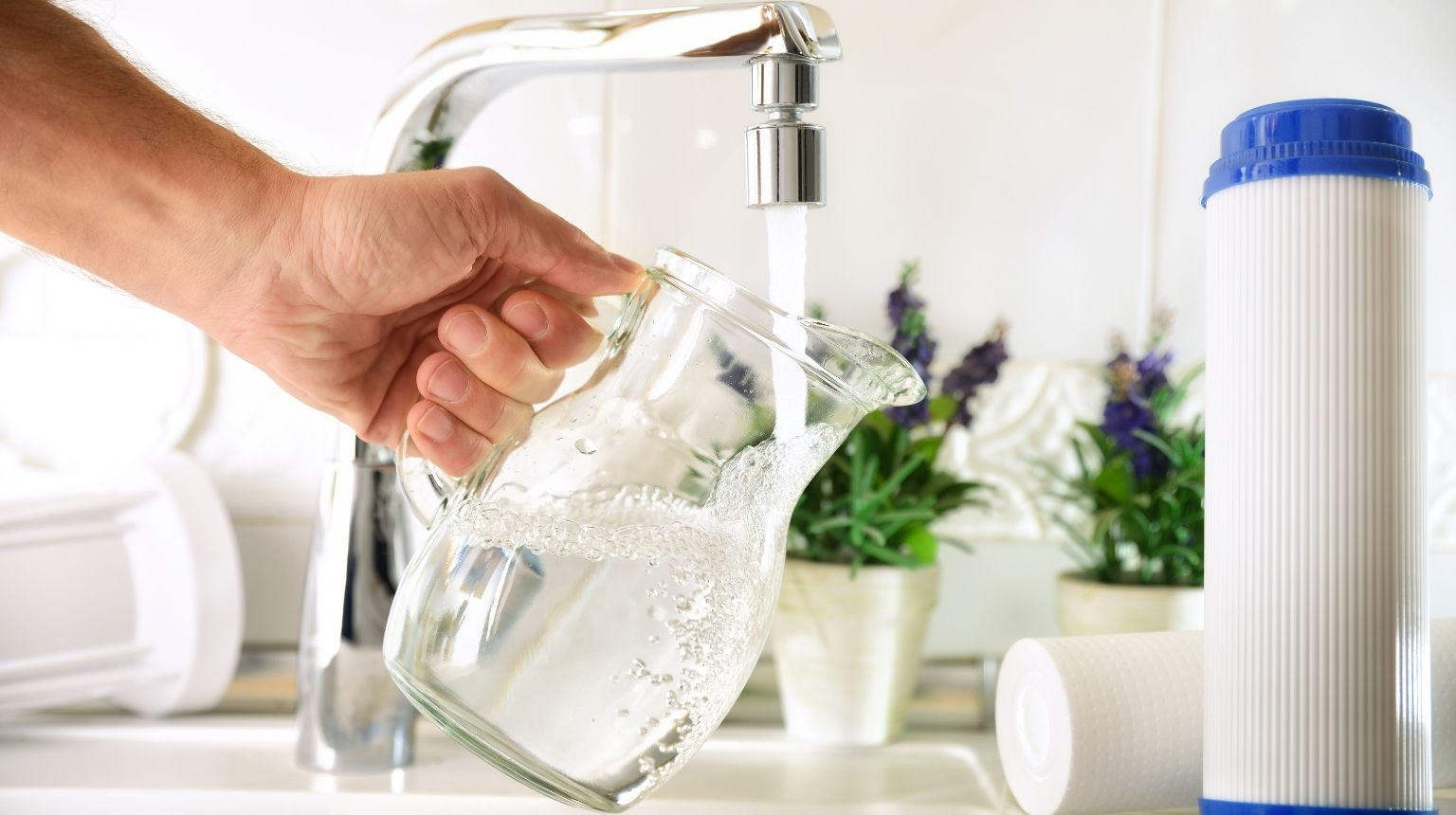
Water quality is a term you might hear often, but do you know what exactly determines that quality? Unfortunately, contaminants can infiltrate your local water supply and cause water quality to diminish. Keep reading this guide to learn the most common water contaminants in the Houston area and how to determine their presence in your home.
Dangerous Contaminants
Thanks to resources such as the Houston water quality report, those who want to take a deep dive into such data can do so easily. For those who don’t want to sift through the detailed data, let’s break down some of the contaminants that make an appearance.
Contaminants present in Houston water include arsenic, lead, uranium, fluoride, copper, iron, chloride, chlorine, barium, nitrates, and more. This list begs the question, “How can you know if you have dangerous contaminants in your water at home?”
Swift Solutions
Hiring professionals to conduct a water analysis will help you discover where your water ranks in terms of quality. What happens when your water quality isn’t ideal? Thankfully, the person testing your water quality might be able to help.
The team at United Waterworks conducts water tests, but we install preventative systems, such as drinking water filtration systems too. Instead of searching for a new service to conduct the installation, you can start planning a solution when your water analysis is complete.
Closing Thoughts
As you can see, harmful contaminants can make their way into your water supply, but solutions are available. Now that you’re aware of the many common water contaminants in the Houston area, you can plan your home’s water analysis.
That said, be sure to choose your local water professional carefully. Research services’ customer reviews and testimonials so you can find out what past clients have to say about the provider.
Moreover, if you know someone who has experience with the water expert you’re considering, reach out and ask for more insight. Once you find the right professional for the job, you can start learning more about your home’s water supply.
